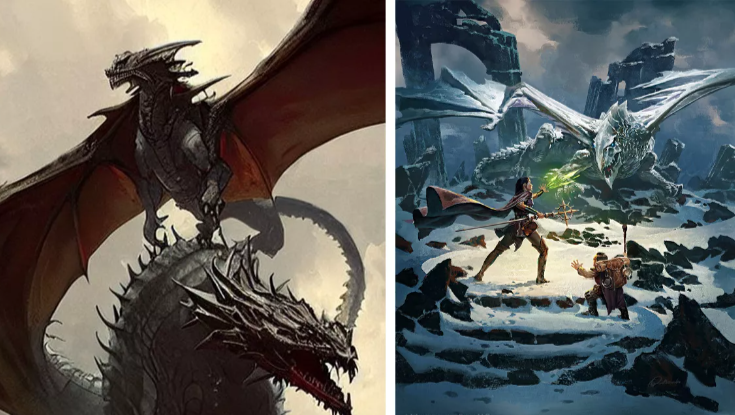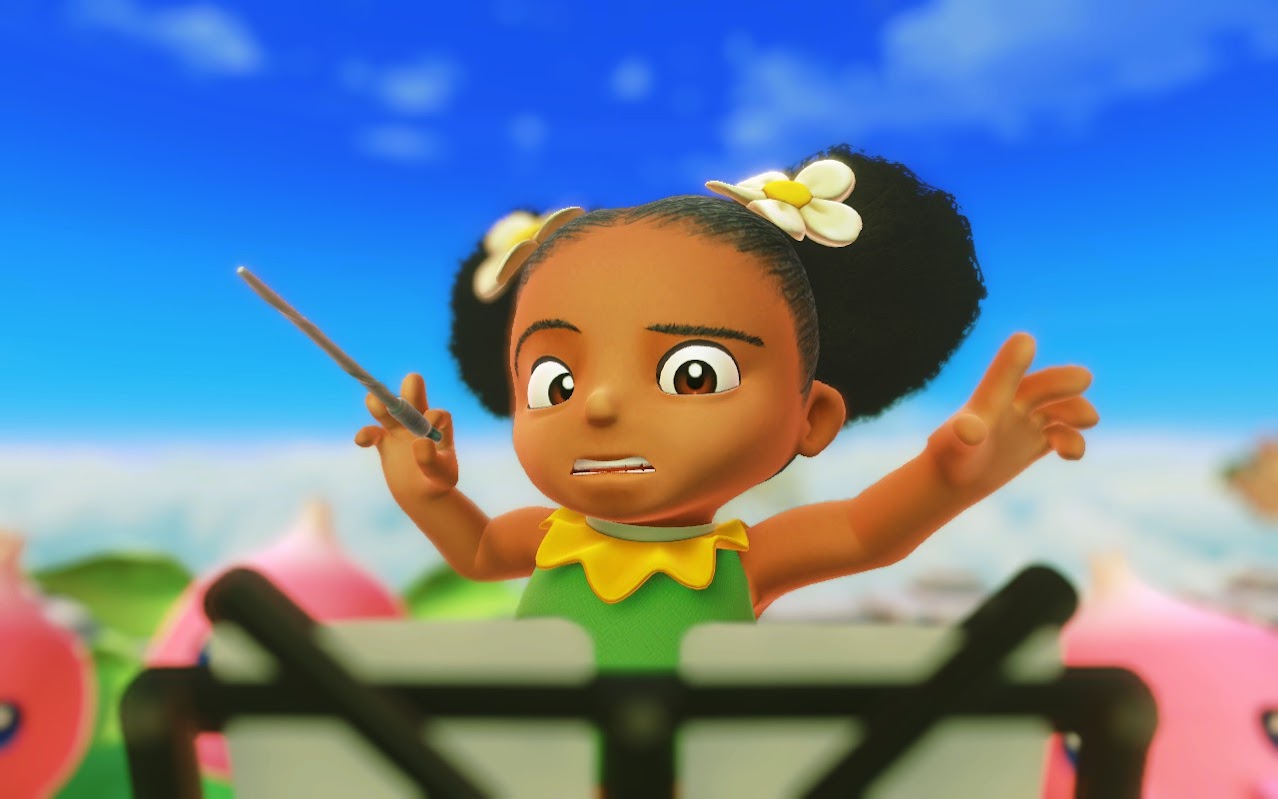Popular fantasy artist claims AI has ripped him off more than Picasso and da Vinci, and his own work is getting buried by the copies
"My work and future are under a huge question mark."

The intersection of AI and existing industries continues to create real friction, which will probably ultimately end in significant legal rulings, and one of the fields at the forefront is visual art. Last year one artist deliberately fudged the rules when entering a competition and won it with an AI-created image, while the world's premiere photography awards were also successfully punked by a photographer who wished to show the dangers. Now a popular fantasy artist is claiming that his work has been copied so much that it's actually burying his originals and harming his career.
Greg Rutkowski is a digital artist who's had a long and successful career working for companies and brands that include Magic the Gathering, Dungeons & Dragons, Ubisoft, Disney, Games Workshop, and Blizzard. You may not know his name, but you've almost definitely seen this guy's work somewhere. It is all over the web and, of course, that means it's been scraped to hell and back by all these AI artbots.
Rutkowski claims that his name has been used as a prompt for AI artbots more than 400,000 times since September 2022, more times than the artists Pablo Picasso and Leonardo da Vinci. He has not consented to any use of his (copyrighted) work by AI.
"The first month that I discovered it, I realised that it will clearly affect my career and I won't be able to recognise and find my own works on the internet," Rutkowski told the BBC. "The results will be associated with my name, but it won't be my image. It won't be created by me. So it will add confusion for people who are discovering my works."
The artist says that his and others' work "has been taken from us so easily with AI" and worries about it making human artists "obsolete", adding that "my work and future are under a huge question mark."
It's not hard to see why Rutkowski's fantastical work has proven popular among users of AI software, because the stuff the artbots output based on his work can look pretty great. "Unfortunately I became like a meme," said Rutkowski to Creative Bloq, "the most iconic prompt, because I was just delivering cool results."
Even wilder is that some folk began creating work in Rutkowski's style and then signing it as the artist, creating total confusion about what was an original artwork and what was an AI-generated copy. Worse still, Rutkowski's popularity resulted in his name becoming a "default prompt" in some of the artbots, which is probably why he's being copied more than some of the old masters.
The biggest gaming news, reviews and hardware deals
Keep up to date with the most important stories and the best deals, as picked by the PC Gamer team.
Whether "copied" is even the right terminology in this context is another question, and this artist's plight shows the acute need for regulation in the field and fast. This is as clear an example of you'll get of a working artist whose career is going to be negatively impacted by AI scraping their productions without consent. You don't need to be a lawyer to realise there's something deeply wrong there.
Some companies are aiming to get out ahead of the inevitable lawsuits: Adobe Firefly is a so-called ethical AI generator that allows artists to opt-out of their work being used to train it. But it still feels like the balance is wrong there: surely it should be opt-in. For his part, Rutkowski hopes that some of these companies can be persuaded to reset their models to 'forget' previously scraped copyrighted works, though that seems almost fanciful given the rapacious nature of some of these firms. I've asked the artist whether he intends to explore any legal remedy in the future, and will update with any response.
"It's terrifying," said Rutkowski. "And the terrifying thing is that it's really hard to see the future for ourselves."

Rich is a games journalist with 15 years' experience, beginning his career on Edge magazine before working for a wide range of outlets, including Ars Technica, Eurogamer, GamesRadar+, Gamespot, the Guardian, IGN, the New Statesman, Polygon, and Vice. He was the editor of Kotaku UK, the UK arm of Kotaku, for three years before joining PC Gamer. He is the author of a Brief History of Video Games, a full history of the medium, which the Midwest Book Review described as "[a] must-read for serious minded game historians and curious video game connoisseurs alike."

